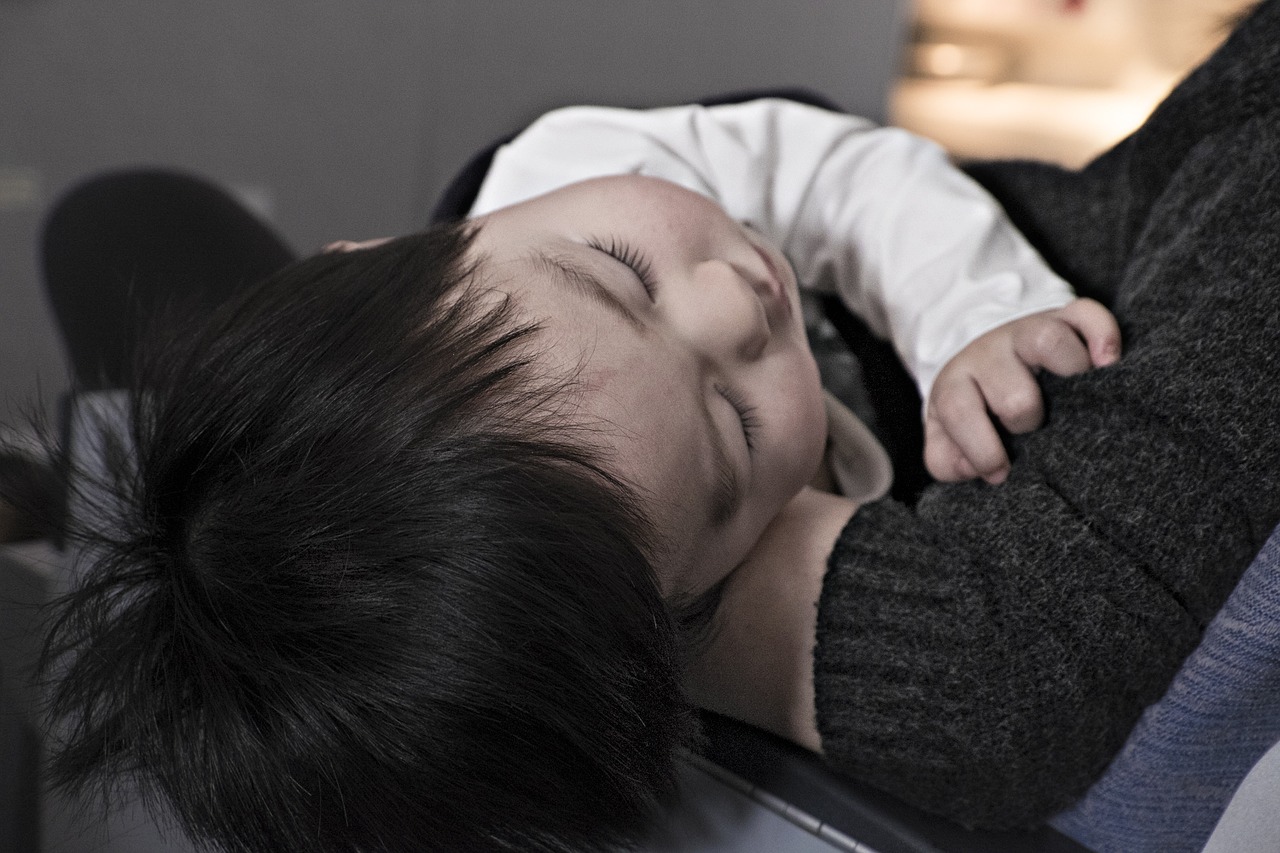It’s upsetting when your child has to suffer from teething pains. As a majority of parents know, babies’ teeth erupt in a specific order, beginning with the upper and lower front teeth.
Just when you think it’s all over, your toddler begin to develop molars. According to the American Academy of Pediatric Dentistry, these generally appear between 11 and 18 months for first molars and 20 to 30 months for the second molars.
Dentist In Rancho Cucamonga say that unfortunately, most of the time, this is often a painful experience for your child, not only because the teeth are much larger than incisors and have double edges, but mainly because the child is older and more aware of the pain.
Typical Symptoms Of Toddler Teething

Dentist In Rancho Cucamonga say that erupting molars are a main component of the “terrible twos,” when toddler tantrums are usually a daily happening. Other than crankiness, there are a handful of other symptoms of teething that you can expect to see:
- A slight fever, generally around 99 degrees Fahrenheit
- Sore, swollen gums, specifically in the back of the mouth
- Added production of saliva, which can cause drooling and diarrhea if swallowed
- Pulling or rubbing ears or cheeks to relieve the ache in the shared nerve pathways
- Hard time sleeping through the night as because of painful gums
It’s quite simple to mistake a fever and diarrhea for a tummy bug, so Dentist In Rancho Cucamonga often will tell you to make it a point to check your child’s gums before arriving at a conclusion.
Rancho Cucamonga Dentist say if a fever runs high, or the symptoms last longer than two or three days at a time, it’s best to see a doctor to rule out more serious conditions.
Teething Tools and Aids
Rancho Cucamonga Dentist say dig out the tools and aids you used during the first round of teething pains, then sterilize them and put them back to work. In addition, Rancho Cucamonga Dentist say that you should look for teething rings that are large enough to reach to the back of the mouth effortlessly, or search online for teether’s in distinct shapes and colors that will be as entertaining as they are soothing.
A clean, wet washcloth can be helpful for your child to chew on, and you can also massage the gums with a clean finger dipped in chilled water. Anything nice and cool provides extra comfort, so Rancho Cucamonga Dentist say to try and refrigerate the teething aids for added relief.
Don’t freeze them, though,, this could result in the hard surfaces bruising the child’s gums.
Providing Pain Relief
Dentist In Rancho Cucamonga say that some over-the-counter pain relievers are uniquely formulated for young children, but it’s still best to use these every once in a while. A handful of children only need pain relievers at night to make sure that everyone can get some sleep.
You can also try topical anesthetic gels, which aid with numbing the gums for a short period of time. These should be used with caution to avoid ingestion. Bypass gels containing benzocaine for children younger than two years, as some have been associated with negative side effects in young children.
Once toddlers have all of their baby teeth, you’ll know the teething pains are over and you can breathe a sigh of relief. Until then, you’ll need a wide variety of teething aids to use — and the patience to match.
For the latest tips on oral health, flossing, dental care, and much more, make sure to follow our blog at: http://www.arrowdentalarts.com/blog

